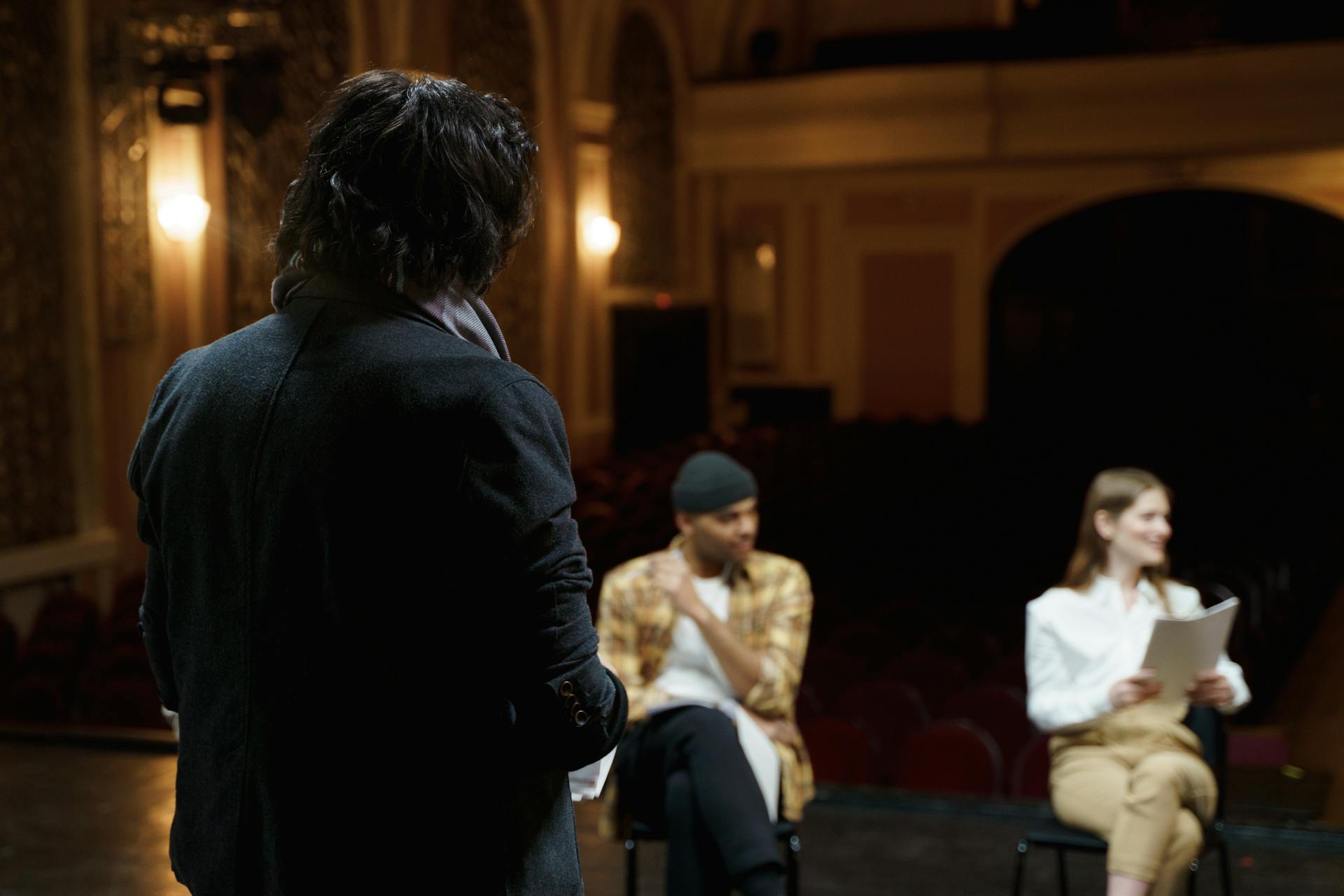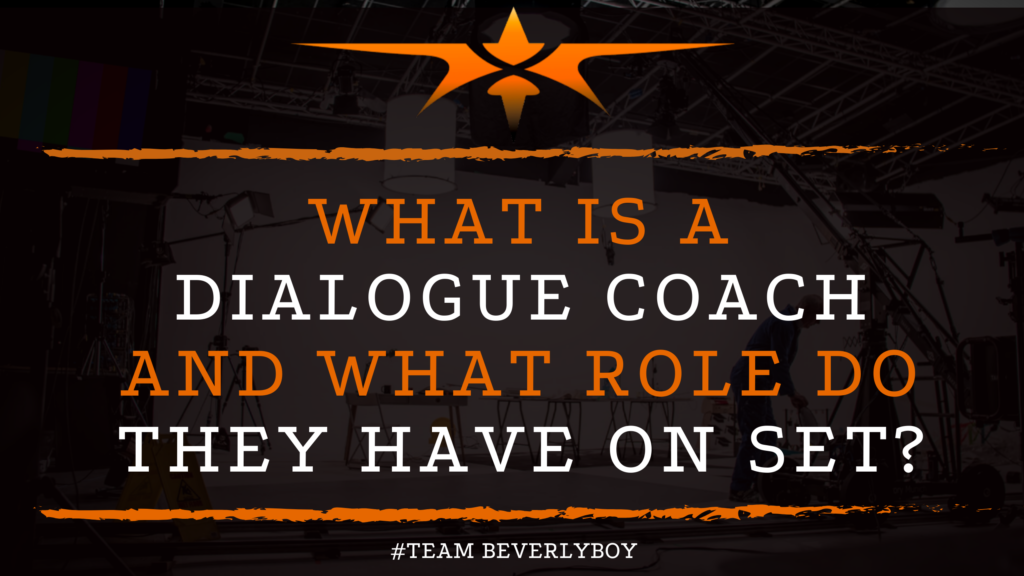What is a Dialogue Coach, and What Role Do They Have on Set?
The dialogue coach or dialect coach is sometimes referred to as a voice coach. This individual works with the actors and talent in the production to ensure that they achieve the most convincing character accents to make the production come to life. Dialogue coaches sometimes specialize in a single dialect or accent or they can work with a number of different accents. As they prepare actors and any ensemble cast to perform the role, the dialogue coach will work more closely with cast members and crew to ensure all parts come together.

Dialogue coaches build the illusion that an actor has always had an essential speech pattern or behavior. It is these patterns that the cast members develop with the support of the dialogue coach which makes the character seem real.
In order to help talent learn how to act the part, dialogue coaches will often research various elements of the script to ensure they fully understand the role and the character.
This includes checking on things like where the script is set, what time period the film is set in, what the characters were like in that time, whether the characters are male or female, what the education level of the character is, and what class or race the individual is.
All of these details come together to create a reference point that can be used to develop a dialect for the character.
Dialogue Coach Requirements
Several requirements are expected of the dialogue coach. They must be willing to spend time researching dialect and getting to fully understand the timing and location of the film.
Dialogue coaches first prepare a plan to train talent and then they set up classes and other necessary training sessions to ensure actors and actresses involved in the production have the proper workshops and educational background to take on their role.
They are responsible for sitting in during the audition panels to determine talent that may most accurately portray the chosen dialect of the character. Here, the dialogue coach works closely with the assistant director to hire appropriate talent for the various roles.
Rehearsals
Once rehearsals begin, the dialogue coach is present to advise cast of any changes or additions that should be made to the dialect. They also take part in one-on-one meetings with actors to ensure individual roles are fulfilled in a way that is most valuable to bringing the creative vision of the director to life.
Dialogue coaches must be able to make choices with little direction or input from outside sources. They determine a dialect that is appropriate for the production and then make choices as to individual character needs to ensure production needs are met.
This may include things like show talent how to position the mouth or how to breathe when speaking to ensure a pattern of dialect that fits with the script. Annotations are added to the script for talent to work with.
Other Requirements
In person, the dialogue coach works with the crew to ensure that sound changes are taking place and that the new dialect is meshing in with the character’s original dialect. Drills and other assessments take place along the way to ensure actors reach their dialect goals.
Dialogue coaches don’t just teach actors how to speak in a ‘new’ way, they also act to make sure that the actor practices proper oral and vocal healthy.
This includes taking steps so as not to damage the voice in extreme situations or when emotions run high and ensuring that special attention is taken to help the actor speak in a way that is easy to understand by the audience.
Dialogue Coach Skills

With 60% of this job involving listening, dialogue coaches must be GREAT listeners. The dialogue coach spends much of his or her time listening to different dialects, researching the dialect, and then listening to the actors portray the dialect.
They must be self-starters, and motivated as this role varies deeply with each production. Dialogue coaches may work long hours researching and communicating with actors on what they should and should not be doing.
Strong written and verbal communication is a must for this role.
Additionally, dialogue coaches should possess the following skills:
- Work well with others.
- Ability to speak to and share with others tactfully.
- Ability to work well under pressure.
- Strong research skills.
- Strong oral communication skills.
- Strong background in dialect.
- Strong vocal health.

